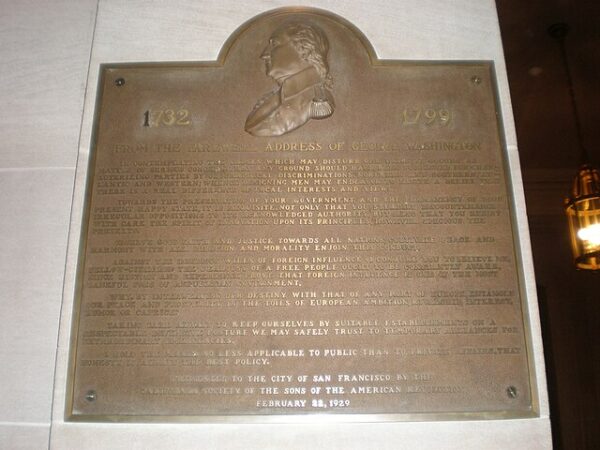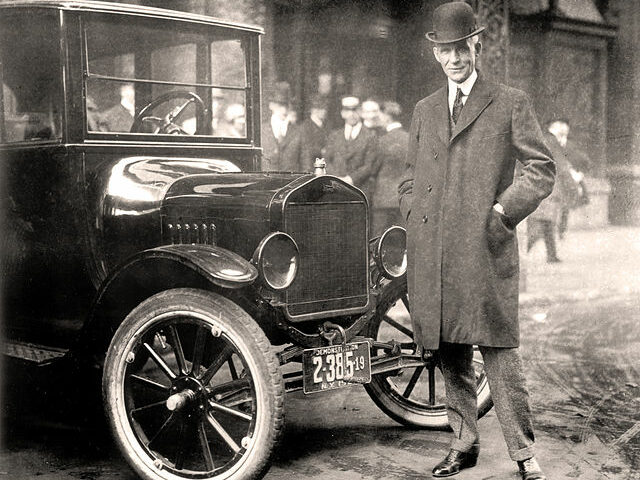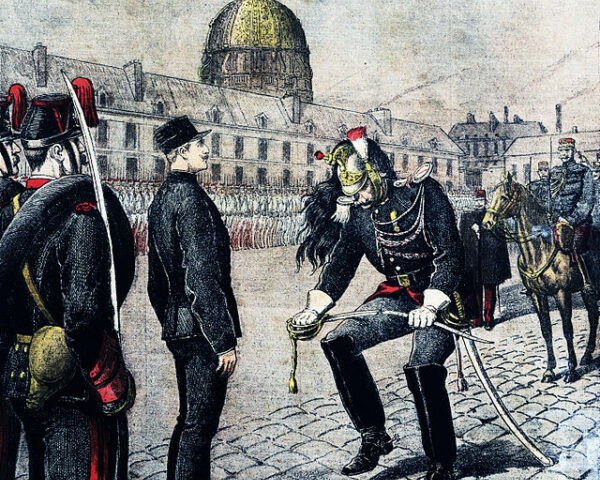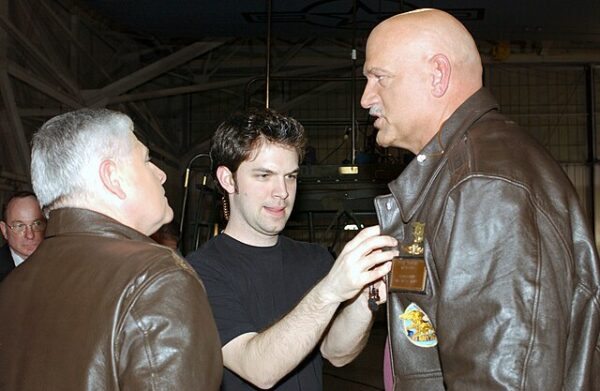On September 19, 1796, the father of the United States left the stage for a final time, retiring to “sit in safety under his own vine and fig tree” at Mount Vernon.
“After two terms in office, Washington decided to retire from public life, writes the National Constitution Center, “clearing the way for the peaceful transfer of power from one President to another. This was one of the crowning achievements of the early American republic and an important precedent for future Presidents. In his powerful valedictory address, Washington called for national unity and focused on threats at home and abroad. At home, Washington feared the rise of political factions. Abroad, he warned of the dangers of foreign entanglements. For Washington, both foreign influence and newly emerging political parties threatened liberty and undermined the promise of republican government. For the American republic to survive, the American people and their elected leaders had to commit to lives of civic republican virtue—valuing reason over passion and the public good over private self-interest.”
The first president’s address was not actually delivered as a speech but rather published Claypool’s American Daily Advertiser, a Philadelphia newspaper. In this address, which Alexander Hamilton helped to draft, Washington announced his decision not to seek a third term as President, setting a precedent for the peaceful transfer of power in the young republic. His farewell address contained valuable insights and advice for future leaders and the American people.
One of the key themes of Washington’s Farewell Address was the importance of unity and avoiding political factionalism. He warned against the dangers of excessive partisanship and the formation of political parties, as he believed they could undermine the stability and harmony of the nation. This advice has been heeded and referenced by numerous leaders throughout American history, as they grappled with the challenges of maintaining a cohesive and functioning democracy.
Another important aspect of Washington’s Farewell Address was his emphasis on the importance of maintaining a strong and neutral foreign policy. He cautioned against permanent alliances and entanglements in foreign conflicts, advocating for a policy of non-intervention and neutrality. This advice influenced the United States’ foreign policy for many years, and it was often cited by leaders such as Thomas Jefferson and John Quincy Adams in their efforts to guide the nation’s international relations.
Washington also stressed the significance of the Constitution and the rule of law. He urged the American people to respect and preserve the Constitution, as it was the foundation of the nation’s government and liberties. Throughout American history, leaders from Abraham Lincoln to Franklin D. Roosevelt have invoked Washington’s words to remind the public of the importance of upholding the Constitution and the principles it represents.
In modern times, George Washington’s Farewell Address continues to be a touchstone for leaders, scholars, and citizens alike. Its enduring relevance lies in its timeless wisdom on issues of unity, foreign policy, and the Constitution. Leaders often cite Washington’s counsel to emphasize the importance of transcending partisan divisions and focusing on the common good, making it a document that continues to shape American political discourse and policy decisions.






